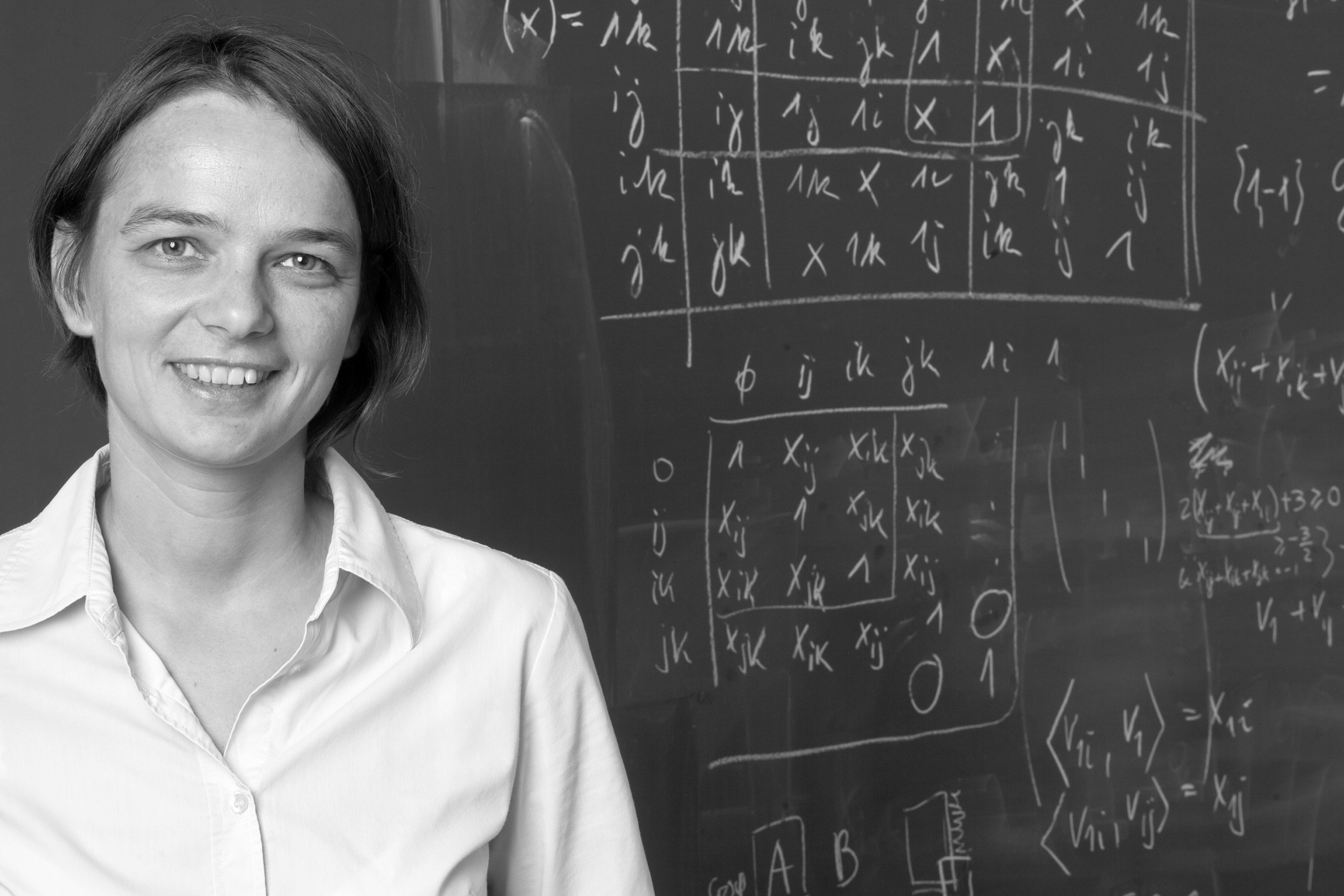Salzburg Research ist ein wirtschaftsnahes Forschungsinstitut mit dem Schwerpunkt Informationstechnologien (IT). Die Forschungsgesellschaft- versteht sich als visionärer Ideengeber, verbindender Netzwerker und professioneller Forschungspartner.
Die Forschungslinie Advanced Networking Center (ANC) betreibt angewandte Forschung zu den technischen Grundlagen von Kommunikationstechnologien und Messinfrastrukturen. Das Hauptaugenmerk liegt dabei auf dem Internet und der Planung und Entwicklung zuverlässiger IP-Netzwerke sowie dem Netzwerk-Moni- toring und Netzwerk-Management. Die Anwendungsgebiete umfassen u.a. IKT für Energienetze oder die Unterstützung von Einsatzkräften durch IKT.
Zur Verstärkung unseres Teams suchen wir ab sofort eine/n
FORSCHER/IN NETZWERKTECHNOLOGIEN [PDF]
Aufgabengebiete:
- Mitarbeit in nationalen/internationalen Forschungsprojekten
- Weiterentwicklung eigener Messwerkzeuge
- Entwurf, Aufbau und Durchführung von Netzwerkteststellungen
Qualifikationen:
- Abgeschlossenes (bzw. kurz vor dem Abschluss stehendes) Hochschulstudium (FH, UNI) im Bereich Informatik
- Hohe Kompetenz im Themenfeld Kommunikations- und Netzwerktechnologien
- Praxiserfahrung in der Softwareentwicklung (Java) ist von Vorteil
- Kompetenz im Bereich der Energienetze ist von Vorteil
FORSCHER/IN IKT FÜR ENERGIENETZE [PDF]
Aufgabengebiete:
- Mitarbeit in nationalen/internationalen Forschungsprojekten
- Weiterentwicklung der Messinfrastruktur MINER
- Kommunikationsprotokollanalyse/-entwicklung für Energienetze
Qualifikationen:
- Abgeschlossenes Hochschulstudium (FH, UNI) im Bereich Informatik
- Hohe Kompetenz im Themenfeld Kommunikations- und Netzwerktechnologien
- Kompetenz im Bereich der Energienetze
- Forschungserfahrung ist von Vorteil
- Praxiserfahrung in Softwareentwicklung (Java) ist von Vorteil
Sie zeichnen sich durch einen hoch motivierten, selbstständigen Arbeitsstil aus, entwickeln eigene Ideen und setzen diese mit viel Engagement um. Teamfähigkeit, Lösungskompetenz, analytische Fähigkeiten und Ergebnisorientierung runden Ihr Profil ab.
Es erwartet Sie ein spannendes und kreatives, sowie ein interdisziplinäres und flexibles Arbeitsumfeld an der Schnittstelle zwischen Forschung und wirtschaft- licher Anwendung.
Wir freuen uns auf Sie!
Das Jahresentgelt beträgt mindestens EUR 37.723 brutto gemäß Forschungs-KV in der Stufe E1 mit der Möglichkeit der Überzahlung abhängig von Qualifikation und Erfahrung. Ihre Bewerbung senden Sie bitte mit der Kennung [ANC] an: Salzburg Research Forschungsgesellschaft mbH | Jakob Haringer Straße 5/3 | 5020 Salzburg, Austria oder an: jobs@salzburgresearch.at | www.salzburgresearch.at Bei Rückfragen wenden Sie sich an: DI (FH) DI Peter Do nger | peter.dorfinger@salzburgresearch.at | Tel 0662-2288-452


 Abstract: Automatic visual information retrieval methods are typically easy to use but have well-known issues, such as the semantic gap or the usability gap. Pure navigation-based methods on the other hand are usually too tedious to use, especially for large multimedia data archives. In this talk I will discuss visual content browsing, a content-based exploratory search approach that integrates methods of automatic retrieval and interactive search. I will explain how visual content browsing can help us to overcome the shortcomings of automatic image and video retrieval. Special emphasis will be put on the interactive part, although content analysis methods will be introduced as well. Furthermore, I will talk about the evaluation of visual content browsing tools, mention related issues and introduce the Video Browser Showdown, which is an annual competition to evaluate such tools. The talk will be concluded with an outlook of future opportunities and challenges of visual content browsing.
Abstract: Automatic visual information retrieval methods are typically easy to use but have well-known issues, such as the semantic gap or the usability gap. Pure navigation-based methods on the other hand are usually too tedious to use, especially for large multimedia data archives. In this talk I will discuss visual content browsing, a content-based exploratory search approach that integrates methods of automatic retrieval and interactive search. I will explain how visual content browsing can help us to overcome the shortcomings of automatic image and video retrieval. Special emphasis will be put on the interactive part, although content analysis methods will be introduced as well. Furthermore, I will talk about the evaluation of visual content browsing tools, mention related issues and introduce the Video Browser Showdown, which is an annual competition to evaluate such tools. The talk will be concluded with an outlook of future opportunities and challenges of visual content browsing. Abstract: Through three prominent combinatorial optimization problems (graph coloring, maximum cut, ordering) we will explain modelling techniques using semidefinite programming (as opposed to linear programming). We will derive relaxations that yield tight bounds and give rise to heuristics to obtain high-quality feasible solutions. We demonstrate how to combine these ingredients within a branch-and-bound framework, thus obtaining an exact solution method.
Abstract: Through three prominent combinatorial optimization problems (graph coloring, maximum cut, ordering) we will explain modelling techniques using semidefinite programming (as opposed to linear programming). We will derive relaxations that yield tight bounds and give rise to heuristics to obtain high-quality feasible solutions. We demonstrate how to combine these ingredients within a branch-and-bound framework, thus obtaining an exact solution method.